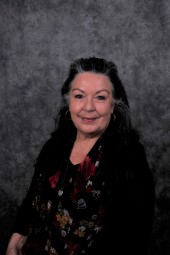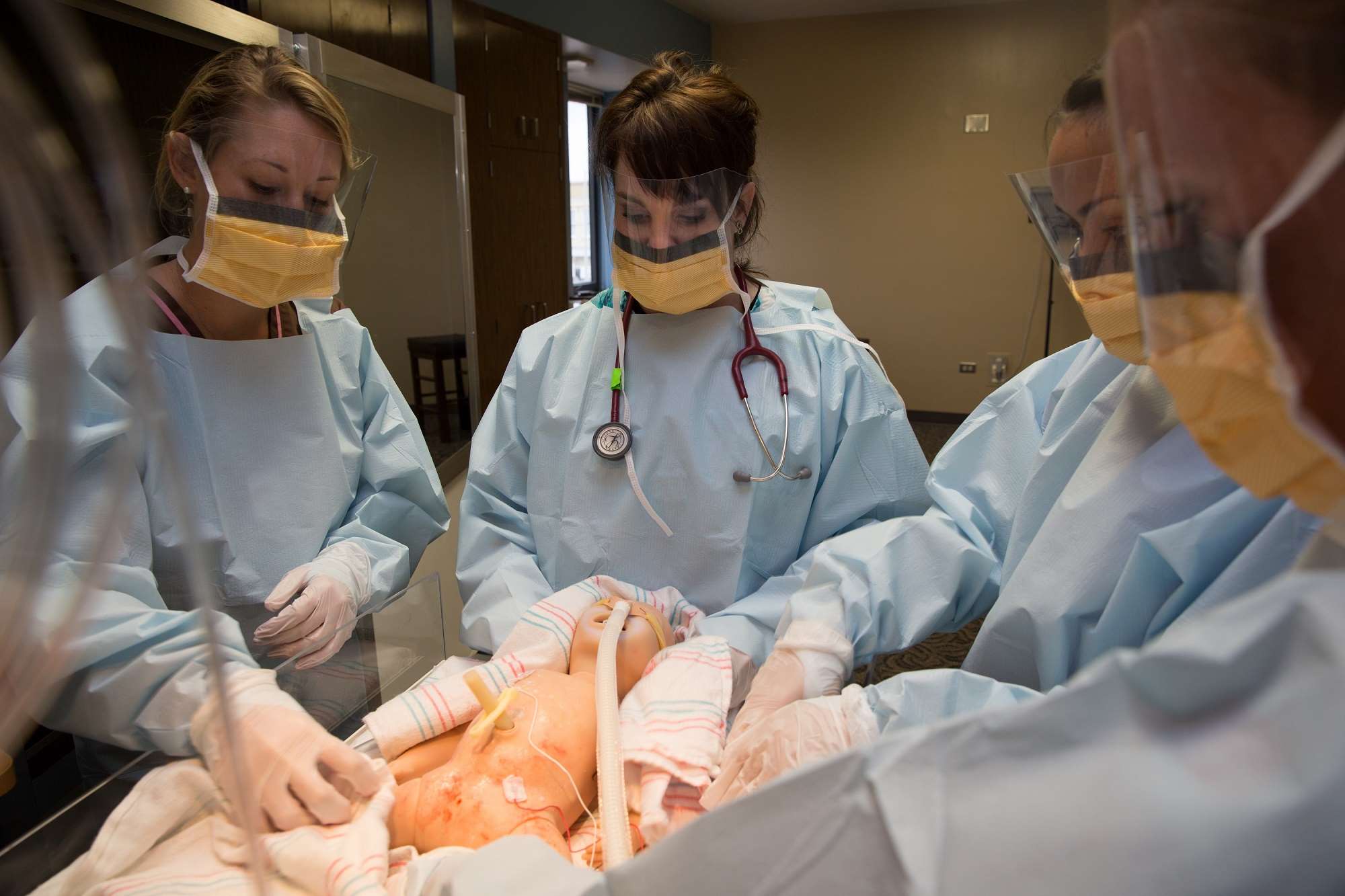Our MSN program consists of seven (7) different tracks for students: Family Nurse Practitioner (FNP), Adult Gerontology Acute Care NP (AGACNP), Adult Gerontology Primary Care NP (AGPCNP), Neonatal Nurse Practitioner (NNP), Clinical Nurse Leader (CNL), Executive Nurse Leader (ENL) & Nurse Educator (NE).
Nurse Practitioner Tracks
Here at UTMB School of Nursing, we offer four (4) different Nurse Practitioner tracks, to increase specialized opportunities for continuous advancement & advanced nursing practice roles in healthcare:
Nurse Education/Leadership Tracks
Degree programs offering registered nurses opportunities to design programs & lead other nurses in providing high-quality care. Earning a degree in Nursing Leadership/Education qualifies nurses for positions such as Chief Nursing Officer (CNO), Program Director, Nursing Executive or Director of Nursing. We offer three (3) leadership/education tracks:
MSN Program Outcomes
The School of Nursing strives to improve the health of diverse populations in Texas and around the world by advancing nursing excellence through leadership, practice, education, research, and service. The faculty and graduates of UTMB SON value an environment of compassion, respect and the highest standards of integrity and accountability to promote and nourish the development of nursing innovation, scholarship, research, and practice through lifelong learning among all students, faculty and staff through community collaboration and partnerships.
A successful graduate of our Masters of Science in Nursing Program at the UTMB School of Nursing will demonstrate the following:
Integrate specialized knowledge* into the advanced practice of nursing.
Synthesize evidence, research, and theory to improve the quality and safety of advanced practice of nursing.
Develop collaborative interprofessional relationships with colleagues from nursing and other disciplines to promote the health of individuals, families, and communities.
Use evidence-based teaching and counseling strategies for promotion of health, prevention of illness, and management of human responses to illness.
Provide leadership in contemporary roles associated with the advanced practice of nursing.
Analyze the historical, legal, cultural, and ethical dimensions of advanced nursing roles.
Actively participate in political, economic, and organizational change to promote the health of individuals, families, and communities within the global environment.
Display professionalism and competence in an advanced nursing role incorporating cultural sensitivity, compassion, integrity, and respect.
Demonstrate legal and ethical accountability in practice with individuals, society, and the profession.
*Including, but not limited to knowledge from bio-psycho-social disciplines, nursing specialty areas, informatics, health policy, coordination of resources, and population health.
Meet Our Staff











